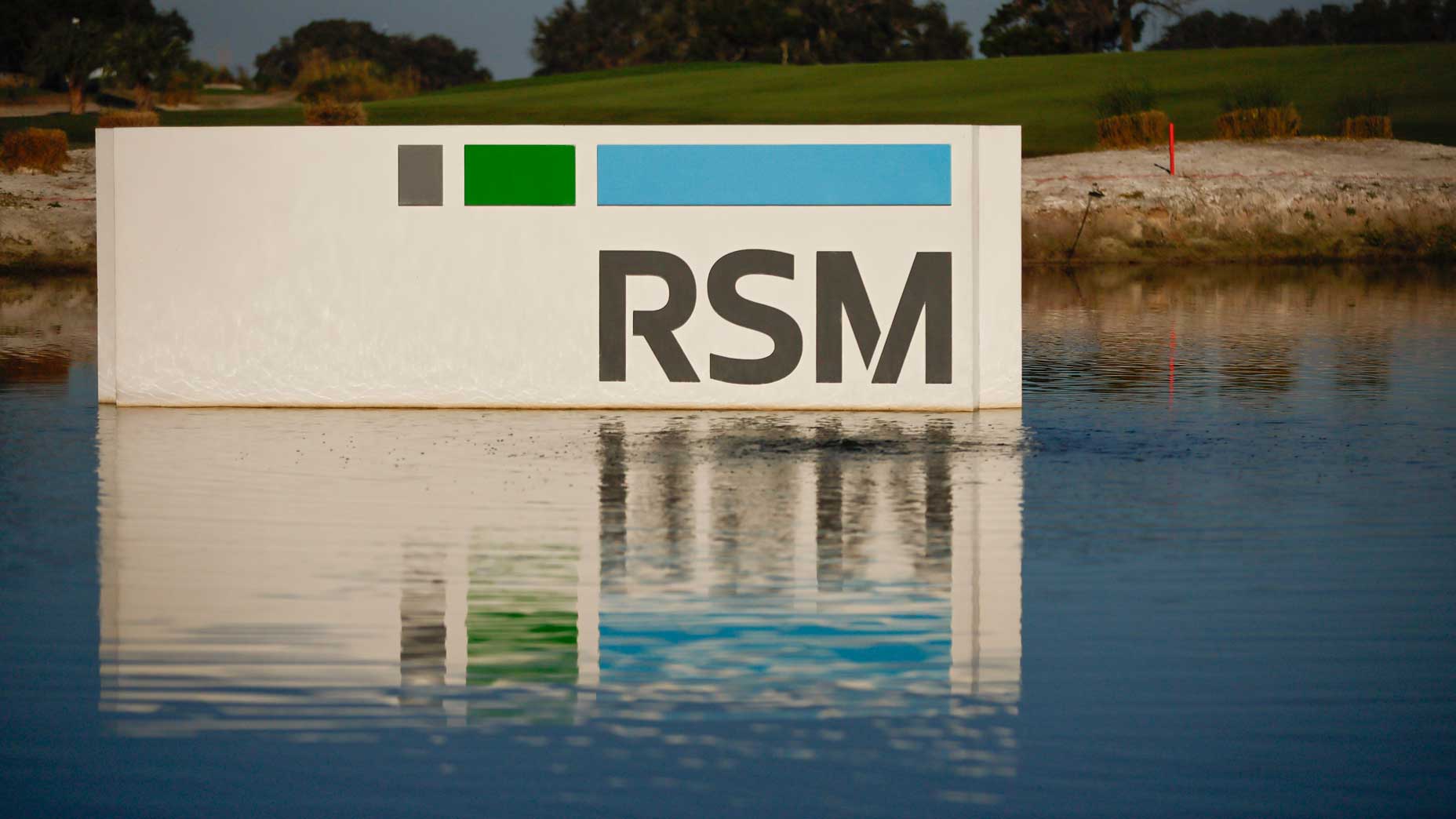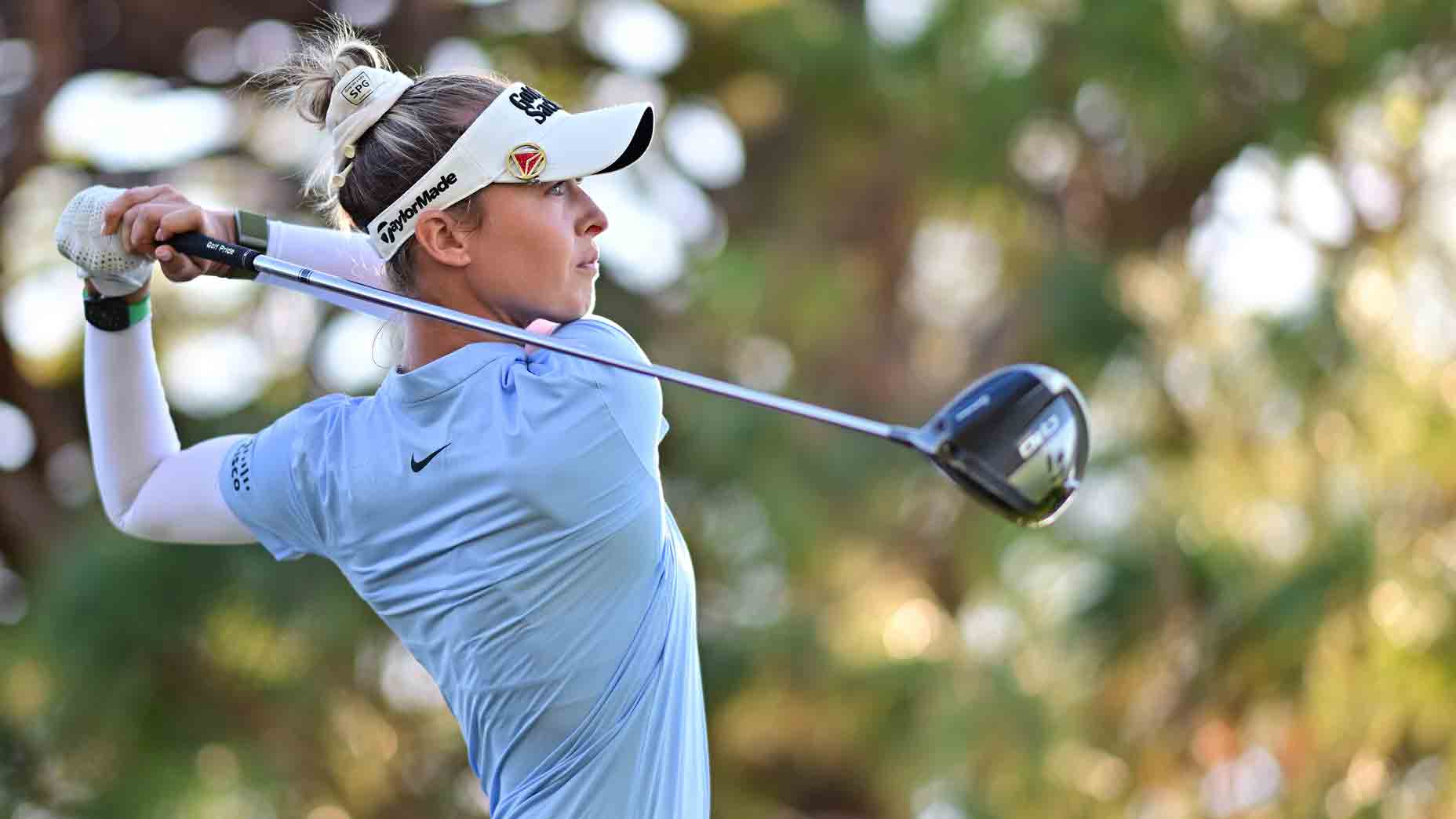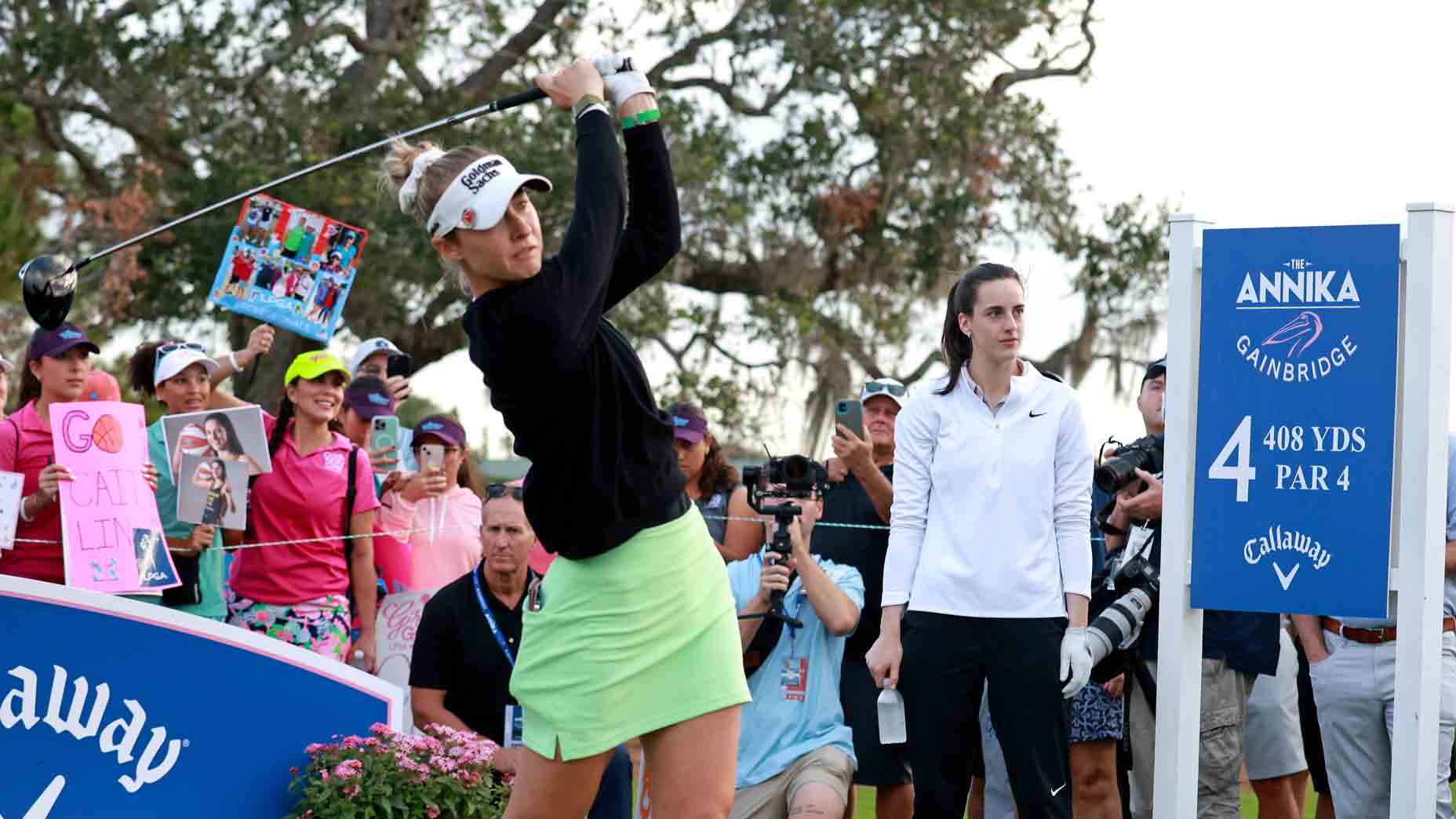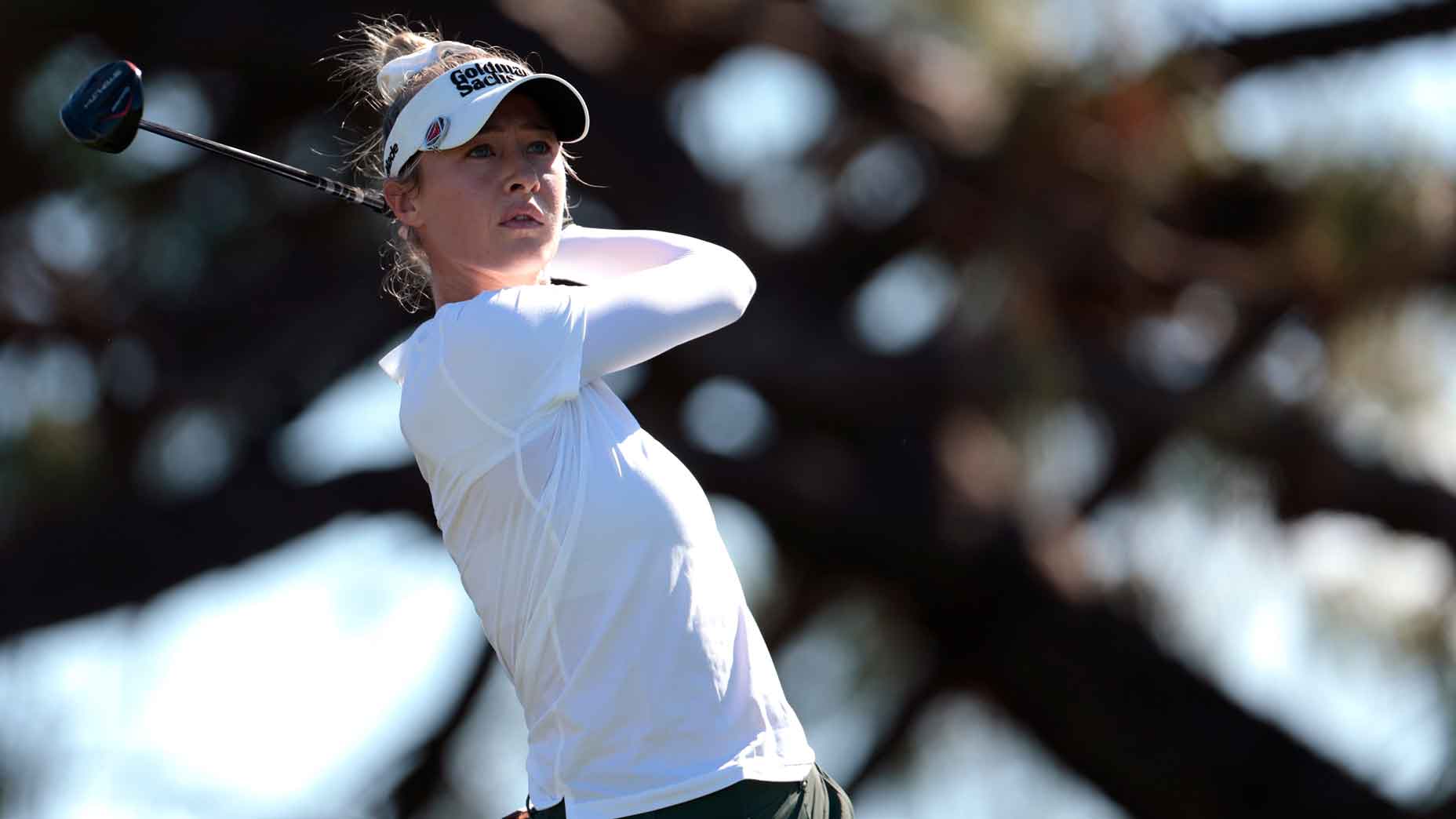As Saturday afternoon golf coverage winds down, the guys in the booth will often discuss whether the leader may have a hard time sleeping on the lead. Is this just a lazy cliché, or is there something to it? Just how hard is it to close from the front on Sundays? Here are our takeaways from analyzing this season’s 54-hole leaders—and how they fared down the stretch.

THE BIG PICTURE
42—number of full field (or near-full field) stroke-play events we looked at in the 2016-17 season
51—number of different players who held at least a share of the 54-hole lead
27%—percentage of those players (14) who went on to win

HOW “TOP-10” LEADERS FARED
9—number of 54-hole leaders who had a world ranking of 10 or better at the time of their leads (There were five players in this group: Hideki, DJ, Spieth, Stenson, and Thomas).
77.8%—percentage of those players (7) who went on to win. The only two who failed to close—Jordan Spieth at the Northern Trust Open and Justin Thomas at the WGC-Mexico—were both chased down by world No. 1 Dustin Johnson.
68.55—fourth-round scoring average of top-10 leaders/co-leaders, which is better than Spieth’s Tour-leading 68.85 season-long scoring average
HOW “TOP-25” LEADERS FARED
16—number of 54-hole leaders with a world ranking of 25 or better
68.8%—percentage of those players (11) who went on to win
69.19—fourth-round scoring average of top-25 leaders/co-leaders, 1.4 shots better than the field those days
HOW “OUTSIDE-THE-TOP-25” LEADERS FARED
35—number of 54-hole leaders who had a world ranking outside the top 25
8.6%—percentage of those players (3) who went on to win: Adam Hadwin, Mackenzie Hughes, and Kevin Chappell. Picture it another way: Top-25 leaders protected their lead at the same rate they’d drain a six-footer (Tour average from that distance: 69%), while players outside the top 25 were more in the 28-footer range.
71.8—fourth-round scoring average of 54-hole leaders outside the top 25. That not only cost most of them the lead but also was nearly a full shot worse than the field scoring average (70.97) on those days. Hot hand? Perhaps not.
Seven other takeaways:
1. Rickie Fowler was the only 54-hole leader to shoot over par on Sunday and win
His one-over 71 on a tough Honda Classic Sunday was good enough to preserve a four-shot lead. Just four other winners shot final rounds in the 70s, and each of them began the day with the lead.
2. 54-hole leaders played really well to win, but come-from-behind winners played even better.
68.53—fourth-round scoring average of the 54-hole leaders who went on to win
66.36—fourth-round scoring average of the 28 come-from-behind winners, 4.86 shots better than the field average for those days.

3. Among 54-hole leaders, J.B. Holmes took the biggest Sunday spill
Remember this year’s Players Championship? Kyle Stanley and J.B. Holmes entered Sunday with a share of the final-round lead. Stanley went on to shoot a disappointing 3-over 75 to drop out of contention, and he still beat J.B. by nine (!) shots. Holmes’s score was the highest at TPC Sawgrass by any player—in ANY round—since 2009, and dropped him into a tie for 41st. Holmes’s swoon was a reminder of 54-hole leader Scott Brown’s Sunday 87 at the 2016 Farmer’s Insurance (though in fairness, the field averaged 77.9 in apocalyptic conditions that day).
4. 54-hole leaders suffered a serious mid-summer swoon
Leader problems hit a particular low (high?) in the heart of the summer schedule. The 12-tournament stretch from the Wells Fargo through the Barbasol produced 15 54-hole leaders or co-leaders—and not a single one broke 70 in the final round. Spieth was the only player from that group to go on to win, and he needed a bunker hole-out in a playoff at the Travelers to do so. The others produced just one round under par, and nine of the 14 players finished outside the top three.

5. No winner came from more than four strokes behind on Sunday
As mentioned, 14 would-be winners had the lead after 54 holes. But nine winners started Sunday in second place, and eight came from third. Six winners came from outside the top five, led by Jon Rahm, who zoomed from 13th to 1st with a 65 at Torrey Pines. Eight different players won from four shots back, but none from any further. Which meant that world No. 22 Marc Leishman, who entered Sunday at the BMW with a five-shot lead, was all but a lock to win.
6. It’s REALLY hard to protect a lead on the PGA Tour…
This season wasn’t an anomaly, at least when compared to 2015-16. Last year, 52 players took the lead (or a share of the lead into Sunday). Just 19 of them, or 36.6%, closed the deal. Top-10 leaders scored 1.7 strokes better than the field on Sundays, while top-25 leaders scored 1.3 better—each nearly identical to this year—while players outside the top 25 essentially played to the field average.
7. …unless you’re Tiger Woods
You remember him, right? Of all the insane stats Woods produced, this seems an apt time to mention his winning percentage when he entered Sunday with at least a share of the lead: 93%. Of all the numbers that put his greatness in perspective, that one has to rank right up there.








